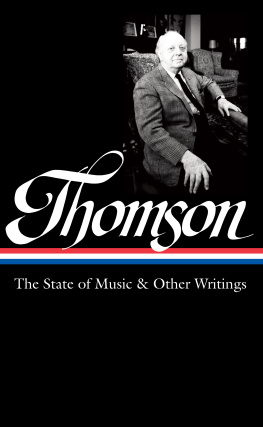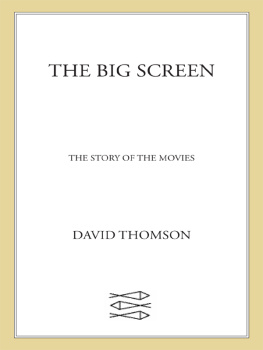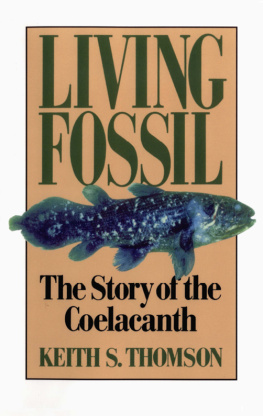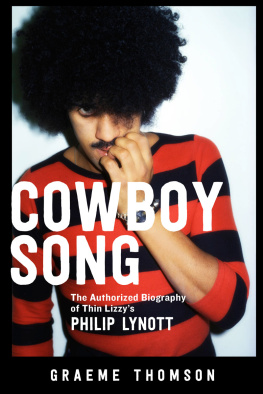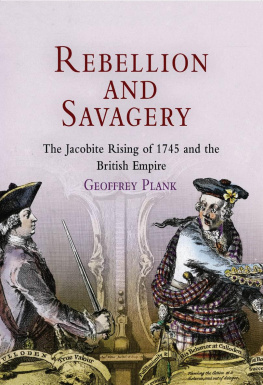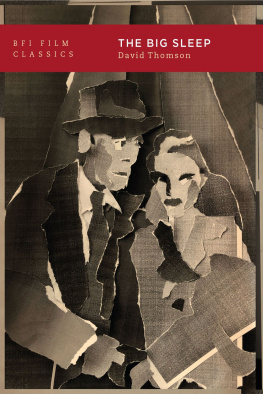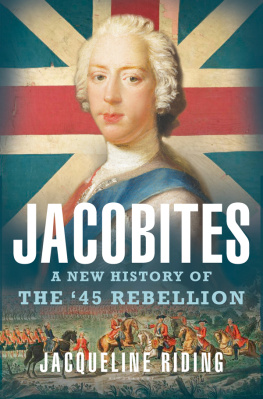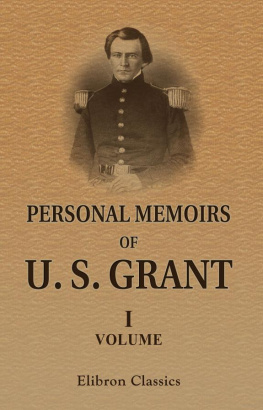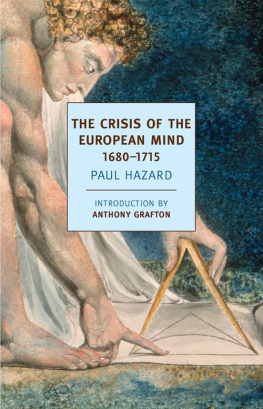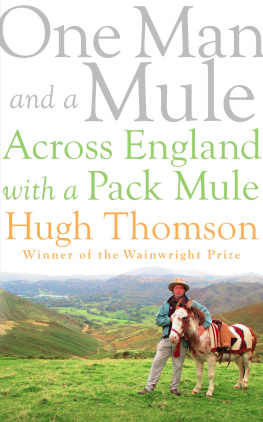PREFACE.
In completing this work, I have to repeat my acknowledgments to those friends and correspondents to whom I expressed my obligations in the Preface to the first volume; and I have the additional pleasure of recording similar obligations from other channels.
I beg to testify my gratitude to Sir William Maxwell, Bart., of Montreith, for some information regarding the Nithsdale family; which, I hope, at some future time, to interweave with my biography of the Earl of Nithsdale; and also to Miss Charlotte Maxwell, the sister of Sir William Maxwell, whose enthusiasm for the subject of the Jacobites is proved by the interesting collection of Jacobite airs which she is forming, and which will be very acceptable to all who can appreciate poetry and song.
To Sir John Maxwell, Bart., of Pollock, and to Lady Matilda Maxwell, I offer my best thanks for their prompt and valued suggestions on the same subject.
I owe much to the courtesy and great intelligence of Mrs. Howison Craufurd, of Craufurdland Castle, Ayrshire: I have derived considerable assistance from that lady in the life of the Earl of Kilmarnock, and have, through her aid, been enabled to give to the public several letters never before published. For original information regarding the Derwentwater family, and for a degree of zeal, combined with accurate knowledge, I must here express my cordial thanks to the Hon. Mrs. Douglass, to whose assistance much of the interest which will be found in the life of Charles Radcliffe is justly due.
I have also to acknowledge the kindness of Mons. Amede Pichot, from whose interesting work I have derived great pleasure and profit; and to Madame Colmache, for her inquiries in the Biblothque du Roi, for original papers relating to the subject. To W. E. Aytoun, Esq., of Edinburgh, I beg also to express my acknowledgments for his aid in supplying me with some curious information regarding the Duke of Perth. The kindness with which my researches, in every direction, have been met, has added to my task a degree of gratification, which now causes its close to be regarded with something almost like regret.
One advantage to be gained by the late publication of this third volume, is the criticism of friends on the two former ones. Amid many errors, I have been admonished, by my kind adviser and critic, Charles Kirkpatrick Sharpe, Esq., of having erred in accepting the common authorities in regard to the celebrated and unfortunate Lady Grange. Whatever were the sorrows of that lady, her faults and the provocation she gave to her irritated husband, were, it appears, fully equal to her misfortunes. Since the story of Lady Grange is not strictly connected with my subject, I have only referred to it incidentally. At some future time, the singular narrative of her fate may afford me a subject of further investigation.
I beg to correct a mistake into which I had fallen, in the first volume, respecting those letters relating to the Earl of Mar, for which I am indebted, to Alexander Macdonald, Esq. These, a distinct collection from that with which I was favoured by James Gibson Craig, Esq., were copied about twelve years ago, from the papers then in the possession of Lady Frances Erskine. They have since passed into the possession of the present Earl of Mar.
An interesting letter in the Appendix of this work, will be found relative to the social state of the Chevalier St. George, at Rome. For permission to publish this I am indebted to the valued friendship of my brother-in-law, Samuel Coltman, Esq., in whose possession it is, having been bequeathed, with other MSS. to his mother, by the well-known Joseph Spence, author of the "Anecdotes", and of other works.
London,
28th March, 1846.
LORD GEORGE MURRAY.
This celebrated adherent of the Chevalier was born in the year 1705. He was the fifth son of John Duke of Atholl, and the younger brother of that Marquis of Tullibardine, whose biography has been already given.
The family of Atholl had attained a degree of power and influence in Scotland, which almost raised them out of the character of subjects. It was by consummate prudence, not unattended with a certain portion of time-serving, that, until the period 1715, the high position which these great nobles held had been in seasons of political difficulty preserved. Their political principles were those of indefeasible right and hereditary monarchy. John, first Marquis of Atholl, the father of Lord George Murray, married Amelia Stanley, daughter of Charlotte De la Tremouille, Countess of Derby, whose princely extraction, to borrow a phrase of high value in genealogical histories, was the least of her merits. This celebrated woman was remarkable for the virtue and piety of her ordinary life; and, when the season of trial and adversity called it forth, she displayed the heroism which becomes the hour of adversity. Her well-known defence of Latham House in 1644 from the assaults of the Parliamentarian forces, and her protracted maintenance of the Isle of Man, the last place in the English dominions that submitted to the Parliament, were followed by a long and patient endurance of penury and imprisonment.
The Marquis of Atholl was consistent in that adherence to the Stuarts which the family of his wife had professed. He advocated the succession of James the Second, and was rewarded with the royal confidence. Indeed, such was the partiality of the King towards him, that had the Marquis "in this sale of favour," as an old writer expresses it, "not been firm and inflexible in the point of his religion, which he could not sacrifice to the pleasure of any mortal, he might have been the first minister for Scotland." After the Revolution, the Marquis retired into the country, and relinquished all public business; thus signifying his opinion of that event.
He bequeathed to his son, John second Marquis of Atholl, and the father of Lord George Murray, as great a share of prosperity and as many sources of self-exultation as ordinarily fall to the lot of one man. To the blood of the Murrays, the marriage with Lady Amelia Stanley had added a connection in kindred with the Houses of Bourbon and Austria, with the Kings of Spain and Duke of Savoy, the Prince of Orange, and most of the crowned heads in Europe. Upon the extinction of the descendants of John the seventh Earl of Derby, commonly called the loyal Earl of Derby, and of his wife Charlotte De La Tremouille, "all that great and uncommon race of royal and illustrious blood," as it has been entitled, centred in the descendants of the Marquis of Atholl. In 1726, the barony of Strange devolved upon the Duke of Atholl; and the principality of the Isle of Man was also bequeathed to the same House by William ninth Earl of Derby. This was the accession of a later period, but was the consequence of that great and honourable alliance of which the family of Atholl might justly boast.
The father of Lord George Murray adopted every precaution, as we have seen, This plea of kindred was not thrown away upon the Marquis of Atholl; he declared himself for King William, and entered early into the Revolution. For this service he was rewarded with the office of High Commissioner to represent his Majesty in the Scottish parliament. But subsequent events broke up this compact, and destroyed all the cordiality which subsisted between William and the head of the House of Atholl. The refusal of the King to own the African Company was, it is said, the reason why the Marquis withdrew himself from Court, and remained at a distance from it during the lifetime of William.



